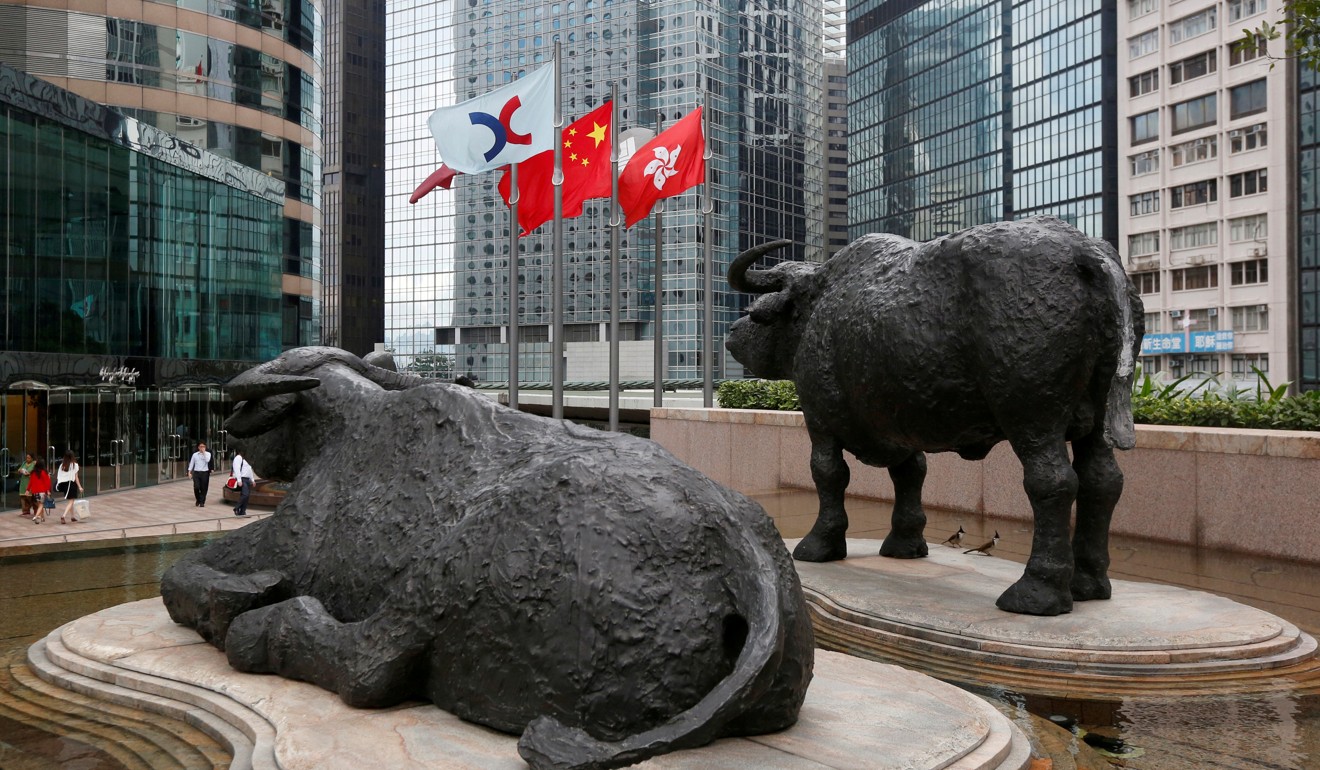
HKEX’s delisting proposal lacks needed firepower
Proposal on delisting companies after a prolonged suspension fails to reconcile the lucrative trade in back door listings
Hong Kong Exchanges and Clearing on Friday issued a consultation paper on speeding up the delisting process, but the outcome is unlikely to be substantial.
According to the consultation paper, HKEX has proposed to delist companies after a continuous suspension for a prescribed period, possibly set at 12, 18 or 24 months.
In fact this is not much different or faster than the current practice. The exchange, in instances where a company has been suspended for a prolonged period, would issue three warnings, with each lasting six months, before delisted proceedings are initiated.
In comparison, markets in Shenzhen and Shanghai have a more automated delisting processes, where companies that have posted a loss for three consecutive years are booted off the exchange.
As of the end of June, there were 56 Hong Kong listed companies suspended from trade for more than three months, while 40 of these have been halted for more than a year. Among them, 25 companies did not have sufficient operations, three did not have a sufficient public float, and 28 failed to announce financial results.

This has led to the creation of a popular back door listing market in Hong Kong and is partly why it is hard for the HKEX to introduce progressive delisting mechanisms, as companies that have been suspended for a prolonged period still have value.
In addition, the HKEX does not want to launch an aggressive delisting mechanism as memories of its ill-fated 2002 delisting proposal linger.
In July of that year, Hong Kong attempted to introduce rules to delist companies trading below 50 HK cents for a full month. The proposal spooked the market, triggering a sharp sell-off as investors, worried that penny stocks would be delisted, rushed to sell their holdings in these shares.
The slump wiped out HK$10 billion worth of market value and forced the stock exchange to scrap the public consultation exercise four days later. The episode, which left many casualties, is remembered as “penny stock fiasco”.
At the time Frederick Ma Si-hang, Secretary for Financial Services and the Treasury apologised for the fiasco while HKEX chief executive Kwong Ki-chi resigned for “personal reasons” in November 2002, giving up his HK$7.95 million a year job.
This helps explain why the current HKEX proposal made it clear it would not use any share price to determine if a company should be delisted, nor does it mention any profit or market capitalisation requirement.
While Shanghai and Shenzhen markets use profitability to determine if a company should be delisted, Nasdaq delists any company trading below US$1 for 30 days. In Taipei, companies can be removed from the exchange if the market capitalisation falls below NT$200 million (US$6.62 million).
HKEX’s current proposal is far behind the mainland, the US and Taiwan. It is hard to see how this delisting reform proposal can make any difference to improve market quality.

